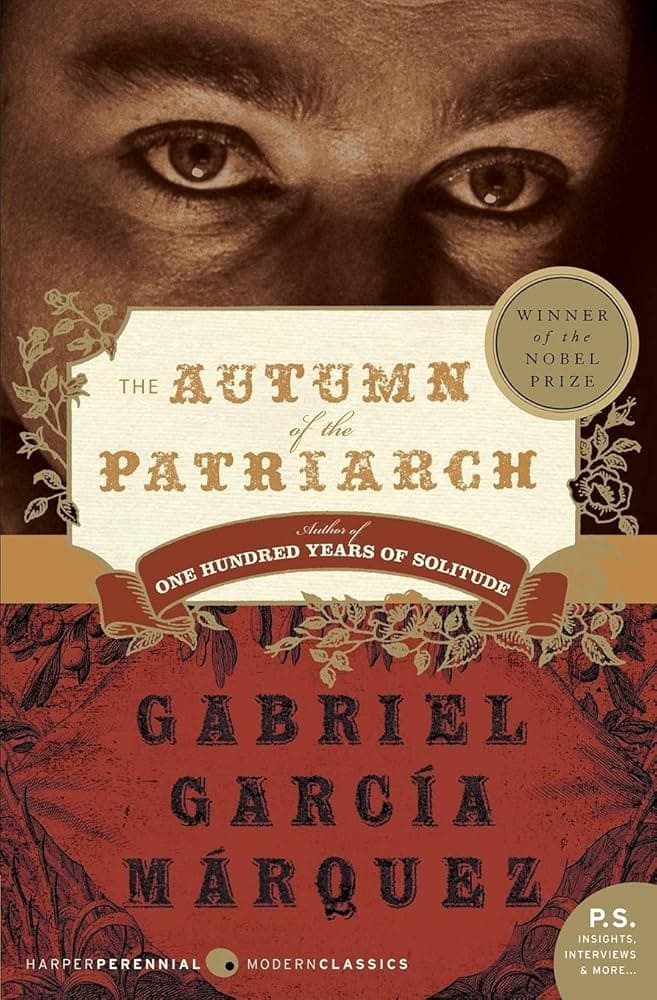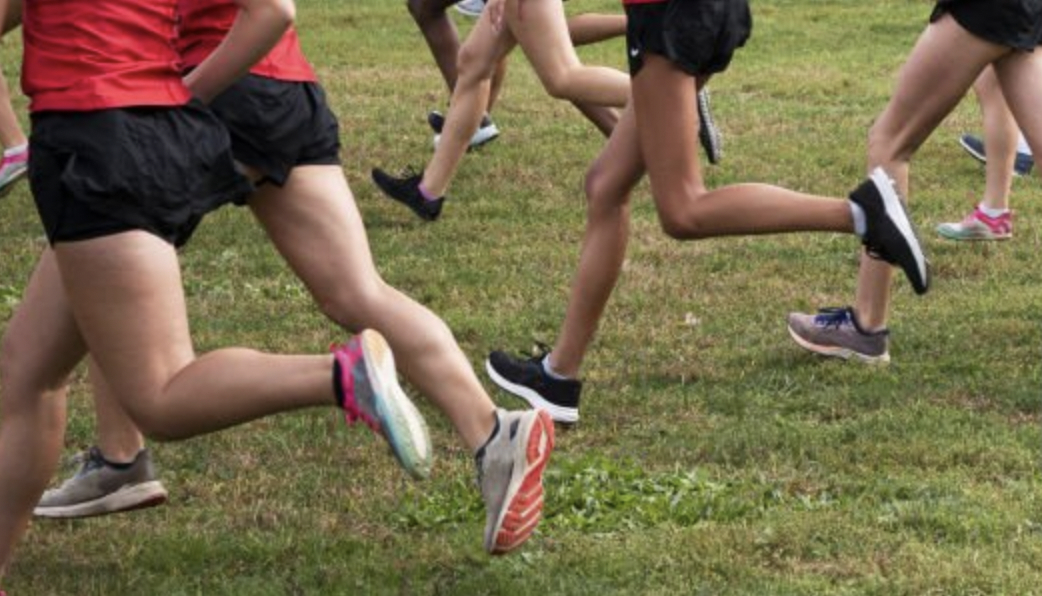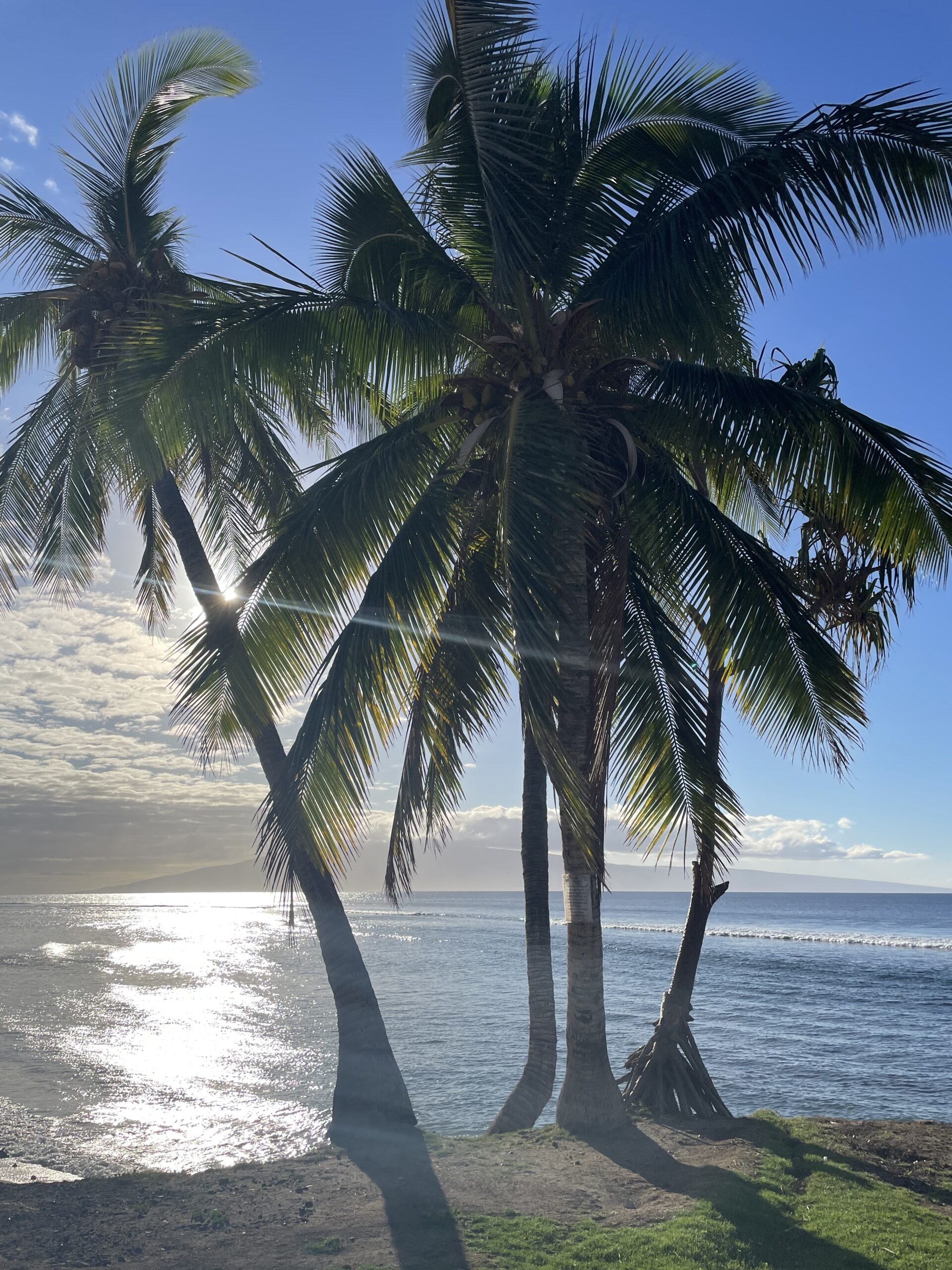The Falling Sun
Great-Grandfather’s name is Hage, which means “revered and noble,” though to some it means “loquacious,” while others deny all definitions and emphasize that the name means “he who imitates the sun or its likeness.”
“At that time, people thought the sun had fallen to Earth. ‘De K’al… De K’al… De K’al… The sun has fallen… The sun has fallen… The sun has fallen…’ they screamed.” That’s how the story was told by our great-grandfather—he who knew all the secrets of the past and how it was. It was known that he had memorized everything that storytellers told about those distant eras and their events.
He continued his measured speech in front of those gathered under the shade of the ancient Duru tree, which he always leaned on when he wanted to relate an important message to the people: “This is what people chanted on the night when that thing fell and crashed to Earth with such thunderous force. At the time, a small minority doubted the incident. ‘What has fallen might not have been the sun,’ they said, to calm the terrified souls. ‘We will see ‘al soon. What fell might not be ‘al itself, but perhaps its hellish excrement; the ‘al is certainly still in its place.”
He paused briefly and looked into the faces of his listeners to gauge their level of attention and perhaps to compare it to previous sittings. Then he posed his familiar, stirring question: “Do you know what happened?”
After a period of silence during which he audibly cleared his throat several times, he continued, “The theories of the ancestors couldn’t withstand the onslaught of cold, darkness, and fires that befell the Earth. They were faced with evidence every day that forced them into silence against the prevailing opinion that ‘al had now settled near one of Earth’s distant limits. The idea of it rising again and returning to its old home had become an impossibility, they claimed; it had completely deteriorated, ending its existence for all eternity.
“But the truth,” Great-Grandfather said, “is that ‘al continued to rise and set as it always did every day. What fell and caused all this unprecedented chaos was merely a celestial body that surprised people with its fall and claimed the lives of three-quarters of the human population at that time, as well as half of the other creatures and plants, including the revered longevity bush, and the guardian birds who would warn them when they felt danger approaching. Today only the Rajaj bird remains, warning people whenever it sees a snake approaching.”
Then, with the confused voice of someone who lived through that time, he added, “The astronomers of that era didn’t even know of the existence of that celestial body. It appeared suddenly, scorched the world, and then extinguished.” He said this and then fell silent, he and his listeners instinctively guarding themselves against a sudden attack by a swarm of bees that had invaded the gathering and forced people to scatter in all directions.
Our great-grandfather was revered and looked upon with great respect here in Paradise. People listened to him because they believed that his stories helped them see things in a better light and gave some clarity to their lives. On the other hand, there were others who didn’t believe a single word he said but admitted that listening to him was somewhat entertaining. Finally, there was a third group that hated the Duru tree and the old man because of the time he stole from them, allegedly. As for our great-grandfather, he realized why he had to talk about the past in this way, a way that seemed to some to be a desperate attempt to deliver a crucial message that had to be relayed before death overtook him.
And when it came to death, well, the truth is that our great-grandfather had escaped from it many times, particularly the kind of death that is snatched from the jaws of predators. That’s why he had begun to fear that the luck that had kept him alive would soon abandon him.
Most of the experiences our great-grandfather had lived through in his long life were good for him as well as for us. One of those was his journey to the Salt Sea, which he traveled to in order to bring back salt as gifts to the residents of Paradise, as he did from time to time. He returned from this particular journey a completely different person.
Almost everything about our great-grandfather changed after he met an old man on the shores of the Salt Sea. This man had extensive knowledge, especially about the time of the Armageddon; it was he who told our great-grandfather about that distant past. It is said that he carried the old man on his back on the return journey to Paradise. But the man’s soul departed before they arrived, so our great-grandfather carried him instead to be buried on top of the hill overlooking the road between Paradise and the Salt Sea.
Since that encounter, our great-grandfather chained himself to life and to the stories of lives before the Armageddon era. He was careful to meet the storytellers and the narrators of ancient legends and learn the stories they offered. He also became deeply connected to empty spaces and became one of the most famous wanderers, traveling to the farthest reaches of the land, strengthening his experiences and contacts.
I asked our great-grandfather if he had ever seen the longevity plant mentioned in his story about the falling sun. “It ceased to exist!” he replied, denying that he had ever seen it.
The Art of Embalming
Our great-grandfather’s passion for the plant kingdom was unparalleled. Identifying, classifying, and foraging for medicinal plants and weeds was one of his priorities. He sought them out in order to mix medicines to prescribe to those who needed them. Supernatural abilities were attributed to his blends of therapies and cures. His most significant achievement was his formula to neutralize the venom of the “spitting snake,” which could project spurts of its venom from a distance through precise targeting of its victim’s unsuspecting eyes. Sometimes it lurked in a hidden spot meters away to launch its destructive acid, instantly blinding the victim’s eyes. He also developed a miraculous potion that, when consumed over several days, treated some malady of the old and young alike in which blood oozes from the skin of one’s hindquarters. This is in addition to other cures for conditions such as the fissuring of the corners of a person’s mouth, which could sometimes reach their earlobes, and tactics to facilitate childbirth, as well as to treat psychological and nervous disorders.
He was also a master of the art of embalming. People would often wish to be embalmed and placed in locations of their choosing. Some chose to be placed on an impenetrable cliff that animals could not reach, while others chose to be laid to rest inside their caves surrounded by their favourite fruits. And there were others who asked to be put on boats and sent into the Salt Sea. Our great-grandfather fulfilled all their wishes.
Personally, I found the process of embalming an unpleasant and repulsive procedure, but, out of curiosity, I decided one day to watch him perform the process. As I accompanied him to the place he had chosen for the process, the men he had selected to assist him in the task were carrying the body of a woman who had died that day and had requested to be embalmed. She wanted to be placed on a cliff overlooking the waterfall where she used to swim in its vast lake-like basin. I asked him, “Why do all these people want to be embalmed?”
He replied, “No one wants to shut their eyes to the universe.”
“But they are dead, and the dead, as far as I know, can’t see what’s happening around them.”
“That’s what you believe, but their beliefs are different. They want to see everything. You know, man’s goal used to be to live for a very long time. Only after living for hundreds of years could he be convinced that he had truly lived. The flaws and shifts that accelerated the end of human lives happened after the Armageddon.”
“Could the reason for that be the disappearance of the longevity bush?”
“I don’t know, but I believe its scent, which covered the world, prevented people from getting sick.”
We arrived at the embalming site by the ShaSha Spring to find the men had prepared the site early in the morning. They had prepared the embalming materials, the first of which was allium pulp mixed with the sap of the bark of the strong-smelling cypress tree. The sight of the great green paste resting on the concave rock where it had been kneaded with the cypress sap without water filled me with wonder. Nearby, there was another big paste made from cow dung mixed with water and green grass, to cover the embalming chamber in its final stage.
The men laid the woman’s body on a bed of broad tree leaves, and our great-grandfather began to fill the cavity of the abdomen and chest, which he had emptied of the belly and organs like the heart and lungs, with a large amount of allium paste. Then he covered the entire body with the paste to prevent decomposition and left the paste to dry in the hot sun. Once the men finished constructing a small chamber that could accommodate only the woman’s body, they covered its surface and sides with cow dung paste. Then our great-grandfather lit a fire inside the chamber on a pile of green wood. When the paste had dried, he placed the body in the chamber. After ensuring that everything was going well, Great-Grandfather closed the opening of the chamber with sticks and dung, leaving only a small opening that fit half of his body. He would open and close as needed, to feed the fire with the softwood.
The green wood burned without flames, and throughout the following week, Great-Grandfather fed the fire with the green sticks that oozed a coagulating tar-like sap. Around noon on the seventh day, Great-Grandfather removed the embalmed body and placed it in its chosen spot above the waterfall, as instructed by Sitt Ghattan (meaning “the graceful one”). There, he bathed in the waters of the waterfall, rubbing his body with the sap of cactus leaves and the jute that purified the body.
Harsaeet
Today, I happened upon Mr. Sharaf, our great-grandfather’s friend and the father of my beloved tormentor, Harsaeet. Mr. Sharaf belongs to the caste of half cousins; they are like us but not entirely. He understands all our words but doesn’t have the ability to speak like we do, particularly when it comes to pronouncing those many sounds that come from the space between the middle of the lips and above the throat. At times, he would get to his feet and walk a short distance, and at other times, he’d walk on all fours. When I passed by him, he was eating some delicious purslane; it’s a favorite here among all Paradise dwellers, especially before the plant reaches the flowering stage, perhaps because of its leaves’ salty taste and abundant juice.
I approached him, lifting my face upward, then fluttered my eyelashes, as is customary in greeting. He, in turn, let his eyes pour out in response. I asked him in a loud voice: “Wu D Da Ga Ra Ba Ga Dee?” (“Have you seen the old man today?”)
He replied, his voice missing that snappy tone our species is known for: “B Ny R Do Dy B L Ba Ya.” (“I haven’t seen my friend in two days.”) He pronounced the letter G as “Ya,” which is common among the half-blood cousins and other species who inhabit Paradise.
“Great-Grandfather has been away a lot these days,” I said.
“He’s getting older, Wadida. I think it is time for him to be absent,” he replied.
“Do you think he will die?”
“Not just him.”
“Do you think I’m going to die as well?”
“I don’t mean you, young man. I’m talking about myself.”
“But you still seem young, Sharaf.”
“Don’t be so sure of that. I’m the same age as Hage, if you want the truth.”
“How old are you and Great-Grandfather now?”
“Two thousand autumns.”
“How have you both lived all these years?”
“Work, Wadida. The harder you work in this life, the longer your lifetime.”
“I’m proud of both of you.”
“Thank you.”
It was a beautiful day; our great-grandfather and I spent it eating meat and drinking wine. I tried meat dipped in fire for the first time. Great-Grandfather said he had once seen immigrants passing through here doing that and he tried it. He liked it very much and so he thought I might like to try it. I took a small piece and tasted it myself, but I didn’t have the stomach for it. When I saw the pieces of meat for the first time in the fire, I thought its soul was rising through the smoke. To be honest, I did like the smell of the grill but not the taste; I don’t think I’ll try it again. I felt like that little bite ruined my stomach. As for Great-Grandfather, he swore to never eat meat again unless it had been dipped in fire. Which goes to show how much he loves trying new things. Personally, I’m not a fan of that attitude, and my stomach is paying the price, so can you blame me for hating meat singed in embers? It’s enough to take one look at it in the fire to see its resemblance to donkey gums!
We were discussing the prophecy of our ancestors, which foretold that humans might one day lose their body hair and become naked, and I asked Great-Grandfather if the hair covering our skin would ever be lost. He responded without hesitation, “Whenever that prophecy crosses my mind, my spirit rises, and I am filled with even more joy when I am certain of the great truth that is known, that most of the prophecies handed down to us from our ancestors have come true. So I am not going to worry about the prophecy, and I won’t worry about who I will be when I lose the hair on my body. I am now a man with thick hair, and tomorrow I’ll be a man without hair. But I’ll always be the same person.” He added, “The prophecy also says that humans will resort to wearing animal skins over their hairless bodies, and that this clothing will be called ‘D RA,’ meaning ‘obscuring the view’ or ‘curtain.’ That is what will happen to people’s bodies when they cover themselves with those skins.”
Then Great-Grandfather fell silent and spoke in a voice that contained a ring of joy: “If I live until that time, I long to see myself in those skins.”
I replied, “Personally, I don’t want to be tangled up in that D RA business described by our ancestors; I don’t know what will happen to my body when I shield it from the sun.”
“Our loss of hair will happen, even if it takes some time,” Great-Grandfather confidently commented.
“So, you want it to happen…?”
He answered quickly and with a tone that conveyed a strong desire for the prophecy to come true, “Today, if not tomorrow.”
Then he suddenly asked, “When are we going to see you fall in love and share your life with someone?”
I was taken aback and surprised, which led me to believe that he knew something about my life those days. “I am in love, but she doesn’t want me,” I said. “You know her father—she’s Sharaf’s daughter.”
“Which of Sharaf’s daughters? The slim one? She’d be perfect for you.”
“That’s the one, Great-Grandfather.”
“Bless your love, Wadida.”
“Thank you, Great-Grandfather.”
“She should be yours.”
“I’m starting to lose hope, though, Great-Grandfather. Do you know that once, when I tried to kiss her, she pushed me to the ground and fled? I felt defeated when I couldn’t have her.”
“That is really unfortunate, a loss worth lamenting.”
“Can you believe that when we met the following day, she smiled in my face and said, ‘If you still want me, come to my hut tonight’? I said to her, ‘But your many dogs won’t leave me alone.’
“‘If you want to be with me, then try to get past them,’ she replied.
“‘Why can’t you be like the female birds that host males in their nests?’
“She gave me a big, broad smile and said, ‘Are there really birds that do that?’ She was silent for a few moments as she looked to see if I was really listening to her, then repeated, ‘If you want me, you’ll come tonight.’
“That night, I went to her isolated hut, away from the family. As soon as I arrived, her dogs treated me worse than I expected. When I entered the house, Harsaeet wasn’t there. Instead, she had piled many stones on her bed, and I was certain that she was hiding somewhere, watching my disappointment. What’s even worse is that, the next day, I became the object of ridicule among my idiot friends who had all heard the story. They mocked me endlessly with questions like, ‘What happened next?’ and ‘Did you make love to the stones? Did you make them moan beneath you?’”
Great-Grandfather laughed heartily at Harsaeet’s mischief.
Translated by Perween Richards
Abu Bakr Kahal is a novelist and poet. He was born in 1961 in Eritrea. His novel African Titanics was translated into five languages and has been taught in fourteen universities. He is also the author of The Scent of Arms and Barkantiyya: Land of the Wise Woman. His novel Crystal Boats is forthcoming.
Perween Richards is a literary translator from Arabic. She attended the Translate at City summer school in London in 2016, and was one of two winners of the school’s annual translation competition, sponsored by Comma Press. She was awarded an English PEN Translates grant to translate The Sea Cloak, by the Gazan author Nayrouz Qarmout.




